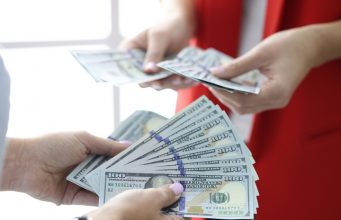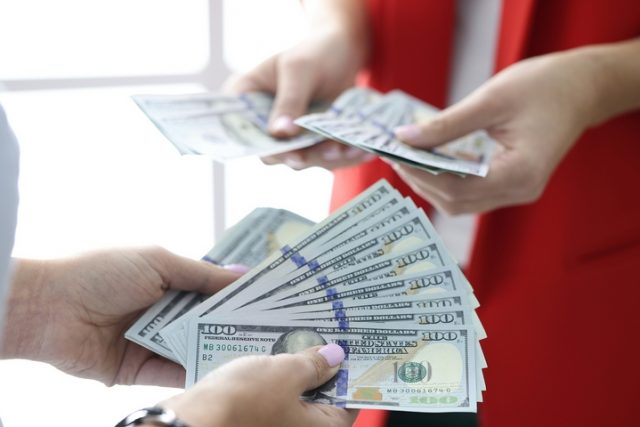
The world is becoming increasingly interconnected every day. It is incredible how technology has allowed international travel and business to explode. Regardless of whether inter-country dealings are for business or pleasure, some knowledge of currency exchange is important. How and why does the exchange rate change?
Who are the key players? And, how does currency exchange work? Currency exchange can be a bit of an elusive topic, especially for those who don’t travel a lot, or who don’t have a large stake in any foreign markets. However, it can be beneficial for everyone to understand the workings behind currency exchange in our globalized world.
Below are eight questions about how does currency exchange work:
1. What is a foreign exchange rate?
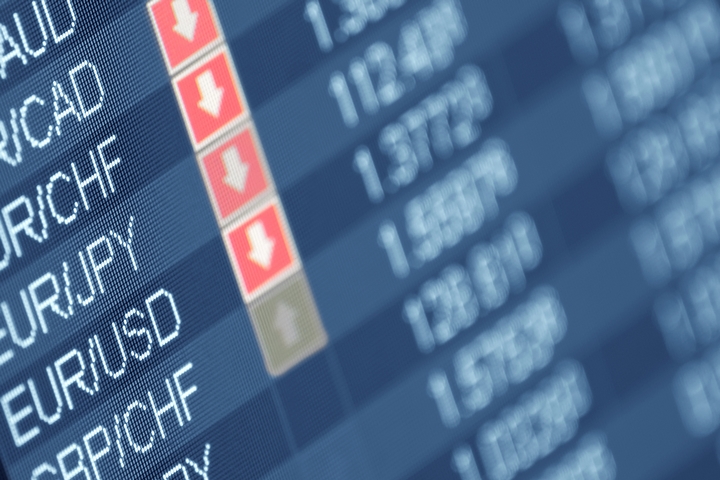
The key concept of a foreign exchange rate indicates how much one unit of a country’s money is worth in terms of a different (foreign) country’s currency.
Put another way, the foreign exchange rate indicates how much of a country’s currency is needed to purchase one unit of another country’s currency.
2. Where do the currency exchange rates come from?
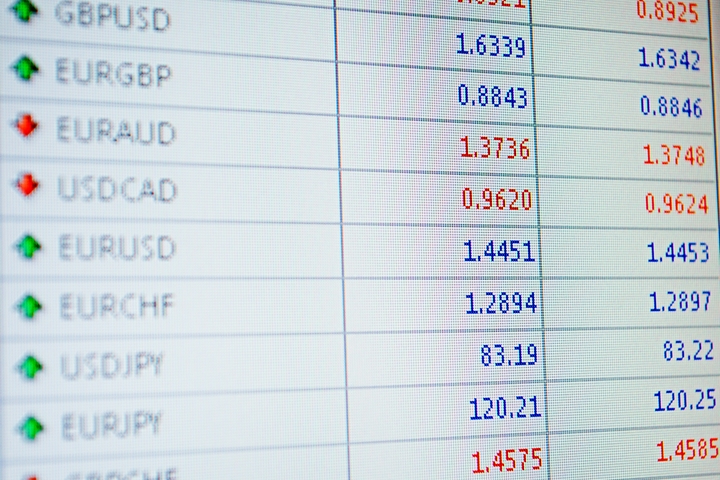
Most currencies have flexible exchange rates, also known as floating exchange rates. This means that the rates are indicated through foreign exchange (FX or forex) trading. The rates are set each day based primarily on supply and demand which is determined through trading in online over-the-counter (OTC) markets.
This means the trades are decentralized and there is no central market for trading foreign currency. Rather, trades are made between a network of parties.
The basic rules of supply and demand apply to the market. If there is a high demand for, or a low availability of a certain currency, the rate goes up. If there is a low demand for, or a significant availability of a certain currency, the rate will likely go down.
3. What about fixed rates?
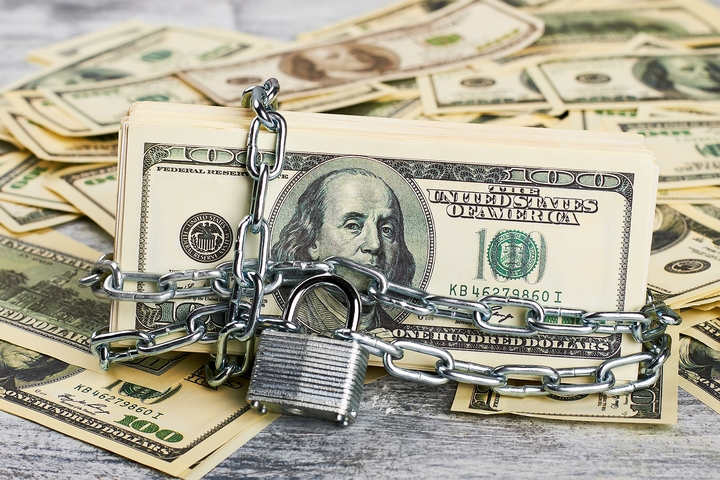
Fixed rates are pegged to another currency. For instance, the Bahraini dinar (BHD) is pegged to the United States dollar (USD). This means that 1 BHD is always equivalent to 2.659 USD. This also means that the value of the BHD changes in relation to the USD.
Countries are able to do this by essentially stockpiling foreign currency in their reserves so that when their currency rate falls, they can buy from the market, thus decreasing the amount of available currency on the market and increasing demand. This ultimately raises the value of their currency.
A fixed rate can change, and does on occasion, but only very rarely.
4. Why do some currencies use fixed rates?
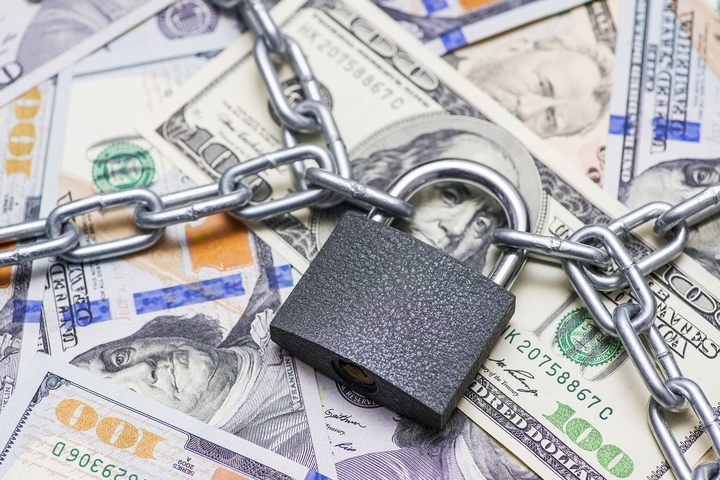
There are several reasons why a currency might be pegged to another currency. If a country’s main source of revenue is through tourism, then it is in their interest to peg their currency to that of the country they most frequently get tourists from.
Alternatively, major business dealings with a certain country could be another reason to opt for a fixed rate, as it does allow for less volatility of the currency and can help decrease inflation.
Fixed exchange rates are often used by developing countries, as it ensures stability in the economy, even when the market would dip. However, it also contributes to economic stagnation, as the central bank is unable to adjust interest rates accordingly.
5. What is an adjustable peg rate?
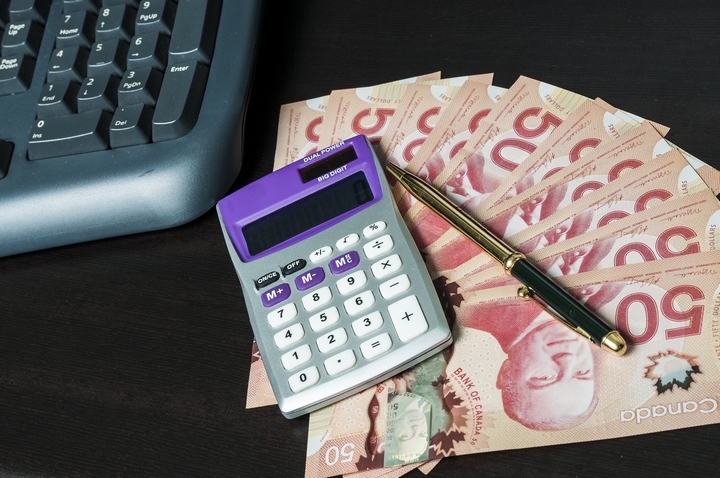
Meeting in the middle between fixed and flexible rates are adjustable peg rates. These rates are fixed as a general rule, but can be readjusted as needed to accommodate changes in the market.
6. Who exchanges currency?
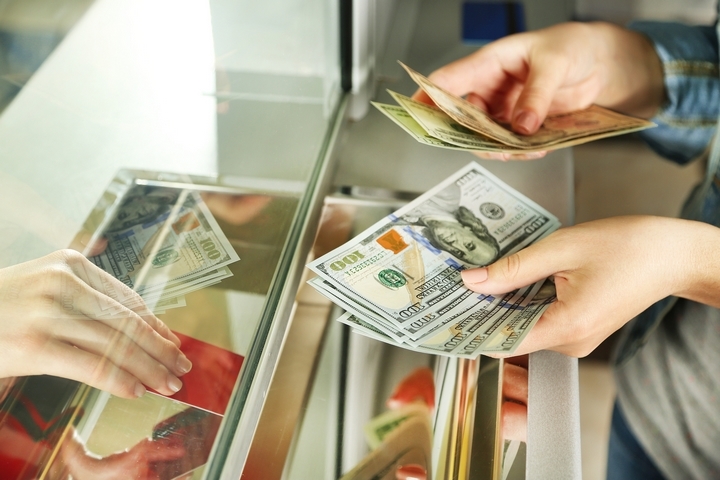
Although around 38 per cent of forex trading is done by banks, there are many players in the currency trading game. Multinational companies make up another big part of forex traders, and there are 9.6 million individual traders. Finally, there are also currency exchange services that help with transactions in various locations.
7. Can you become a forex trader?
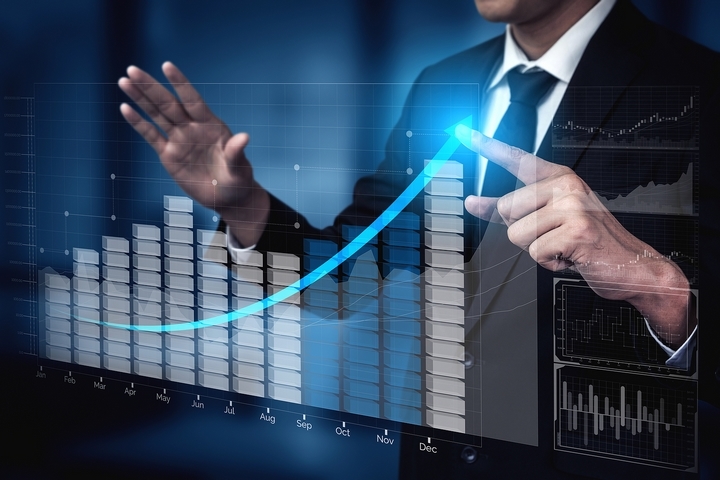
Forex trading is a great way to invest money for those individuals who understand the market, and are willing to work it. However, it is a risky method of investment, as the market is not easily predictable. It also requires a lot of planning and consistency.
Individuals who wish to trade need to understand that the wins come with the losses, and they need to understand that chasing profits is the best way to make mistakes. Most importantly, new traders should remember to create a trading plan and stick to it, and never trade more than they are willing to lose.
8. Forex trading fun facts: Did you know?
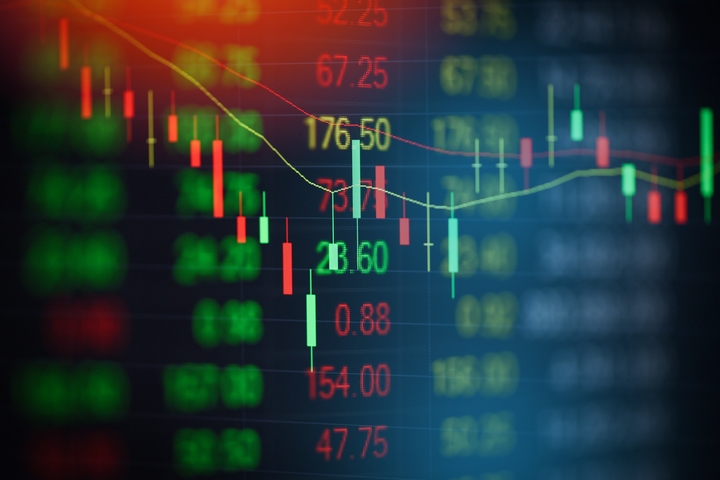
The forex market makes for some interesting tidbits of information. For instance, it is the largest financial market in the world, trading at least $6.6 trillion (USD) daily between nearly 10 million different traders worldwide.
The USD is involved in almost 80 per cent of all forex trades, but more than 40 per cent of all transactions take place in the United Kingdom. Meanwhile, only 19 per cent of all trades take place in the US.











